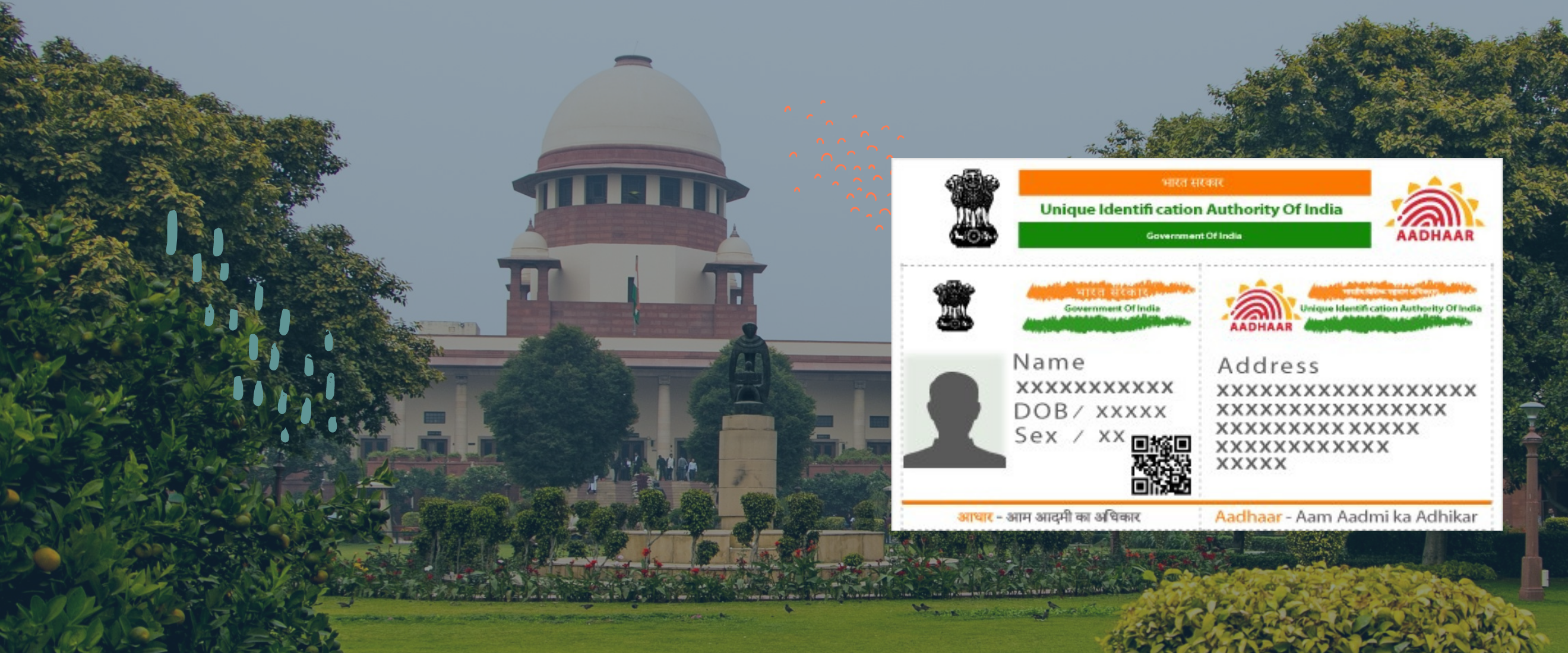Analysis
Upcoming Aadhaar Bill
The Aadhaar Bill which allows individuals to voluntarily use their Aadhaar number as identification with banks and telecom companies.

On July 4th, the Lok Sabha passed the Bill, PRS reported
On June 12th 2019, the Hindu reported that the Union Cabinet approved the Aadhaar and Other Laws (Amendment) Bill, 2019. The Bill allows individuals to voluntarily use their Aadhaar number as an ID with banks and telecommunications companies. The Bill will amend the Telegraph Act, 1885 and the Prevention of Money Laundering Act, 2002. It will be introduced into Parliament in its upcoming session, which starts on June 17th.
Approximately one year ago, the Supreme Court decided that Aadhaar could neither be linked to bank accounts nor mobile numbers. It held that the manner in which the State had introduced the mandatory linking, violated the fundamental right to privacy.
The Court struck down the mandatory bank linking for violating the right to privacy and Article 300A of the Constitution. The State had introduced mandatory bank linking by amending Rule 9 of the Prevention of Money Laundering Rules, 2005. It not only made Aadhaar mandatory for opening new bank accounts, but also for maintaining existing bank accounts. The Court found that this violated the right to privacy as it failed the test of proportionality, laid out in K.S. Puttaswamy 2017. In addition to failing the test of proportionality, the amendment to Rule 9 also violated Article 300A of the Constitution. In requiring linking for pre-existing bank accounts, the amendment deprived individuals of their property, which only legislation (and not rules) can do. Hence, the Court held that the amendment was unconstitutional.
The Court also held that the mandatory mobile linking violated the right to privacy. Further, it decided that the manner in which the mobile linking was introduced lacked backing in law. The State necessitated mobile linking via a Department of Telecommunications circular dated March 23rd 2017. The circular required all licensees to reverify existing mobile subscribers through an Aadhaar based e-KYC process. The Court found that the circular was not tied to any legislation. The Court also concluded that mandatory mobile linking failed the test of proportionality, violating the right to privacy.
In its 2019 Bill, the State appears to have addressed the primary objections laid out by the Court. It has made bank and mobile linking voluntary, rather than mandatory. The Court had specifically objected to the linking for infringing upon ‘voluntary nature of the scheme’ (pg. 522, para 443). By introducing consent, the State appears to have circumvented the privacy violation concern. It remains to be seen whether the Bill will be challenged in court.
